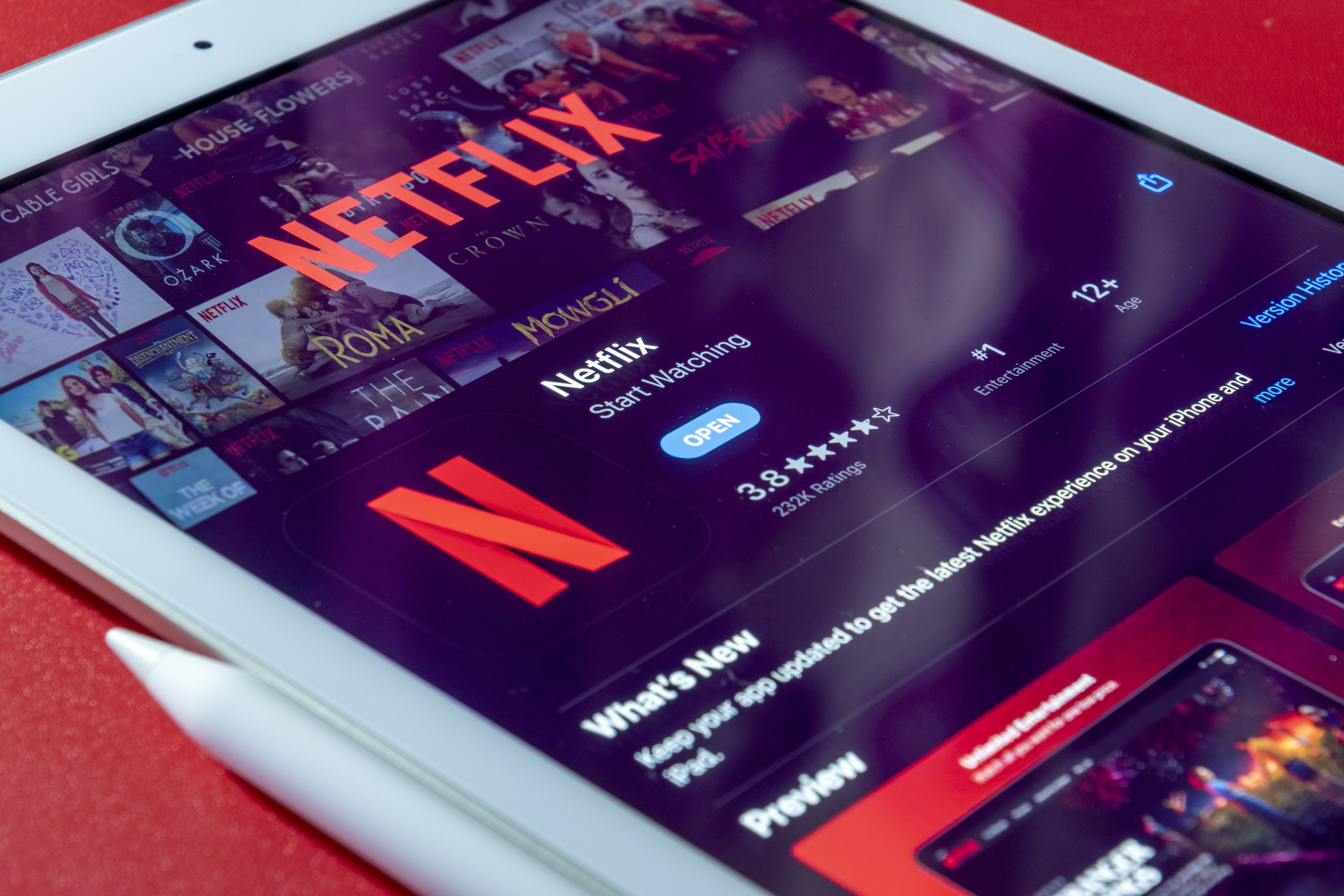Tech
The streaming wars found equilibrium in 2023, yet 2024 holds 6 defining trends
Tech
Apple set to unveil budget iPhone 17e, new iPads and low-cost MacBook
Apple’s Tim Cook announces major product reveals this week, highlighting budget iPhone 17e, new iPads, and low-cost MacBook.
Tech
Nvidia posts record revenue as AI fears shake investors
Nvidia’s £68.1 billion revenue, up 73%, raises investor concerns about AI’s impact and tech customers’ financial health.
Tech
Meta launches lawsuits over alleged scam advertising operations
Meta targets scam advertising networks in Brazil, China, and Vietnam, intensifying its crackdown on scams across its platforms.
-



 Tech5 days ago
Tech5 days agoOpenAI moves to replace software giants with AI products
-



 Money3 days ago
Money3 days agoAustralia’s inflation report and Nvidia earnings impact explained
-



 Tech2 days ago
Tech2 days agoMeta launches lawsuits over alleged scam advertising operations
-



 Tech4 days ago
Tech4 days agoNvidia earnings soar as AI drives 75% revenue growth
-



 News4 days ago
News4 days agoQantas announces 8,500 jobs and frequent flyer changes
-



 News23 hours ago
News23 hours agoU.S. and Israel attack Iran, escalating regional conflict
-



 News16 hours ago
News16 hours agoIran warns ships to avoid Strait of Hormuz
-



 News23 hours ago
News23 hours agoCrude oil prices spike amid U.S.-Israel military action




